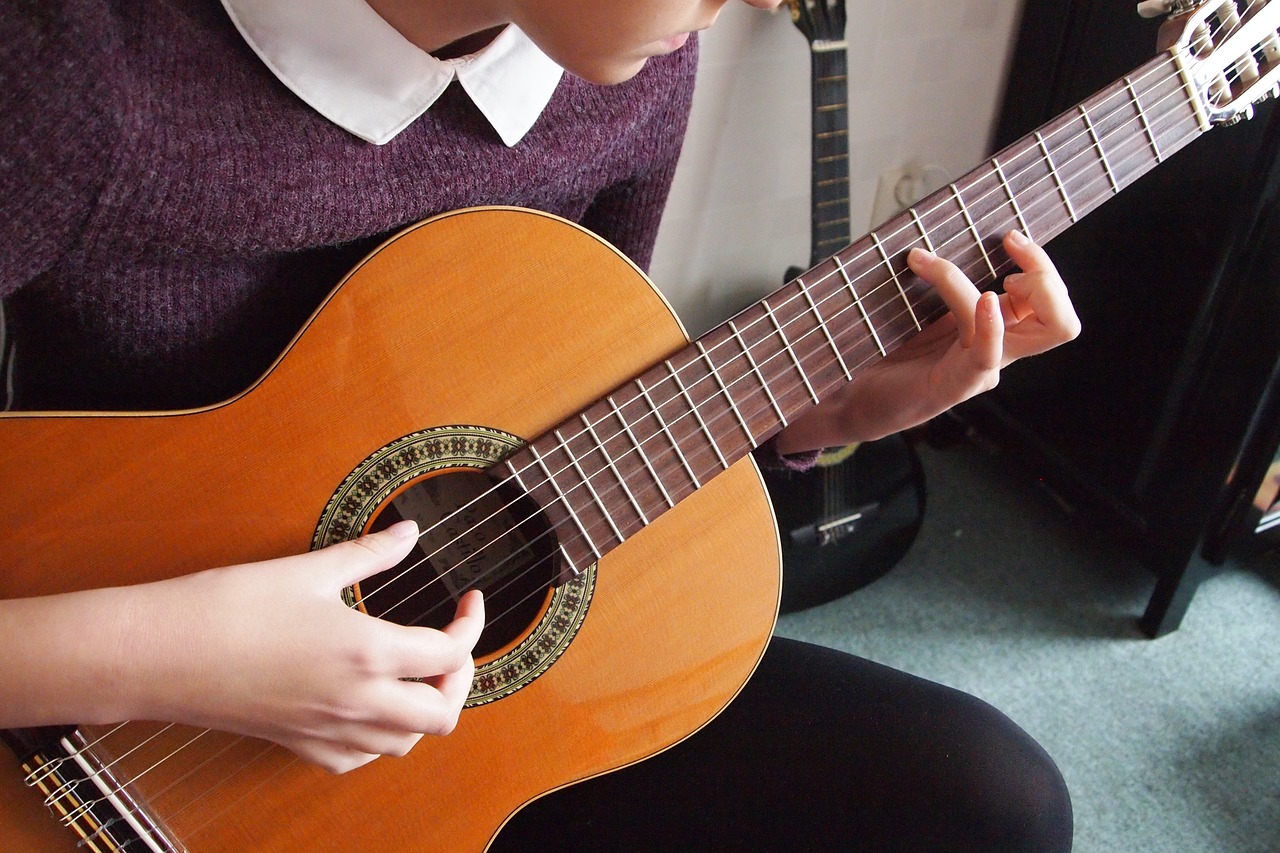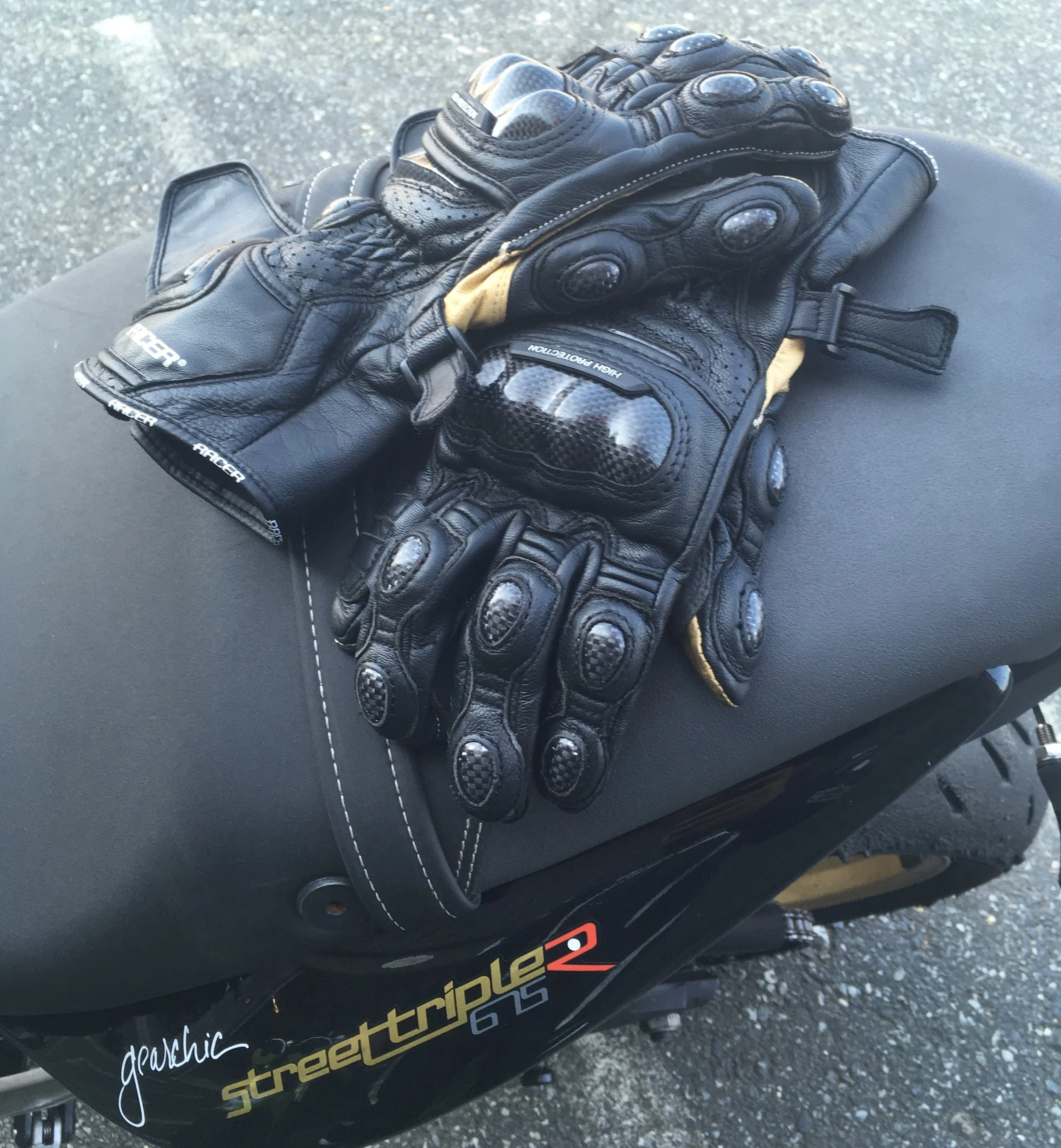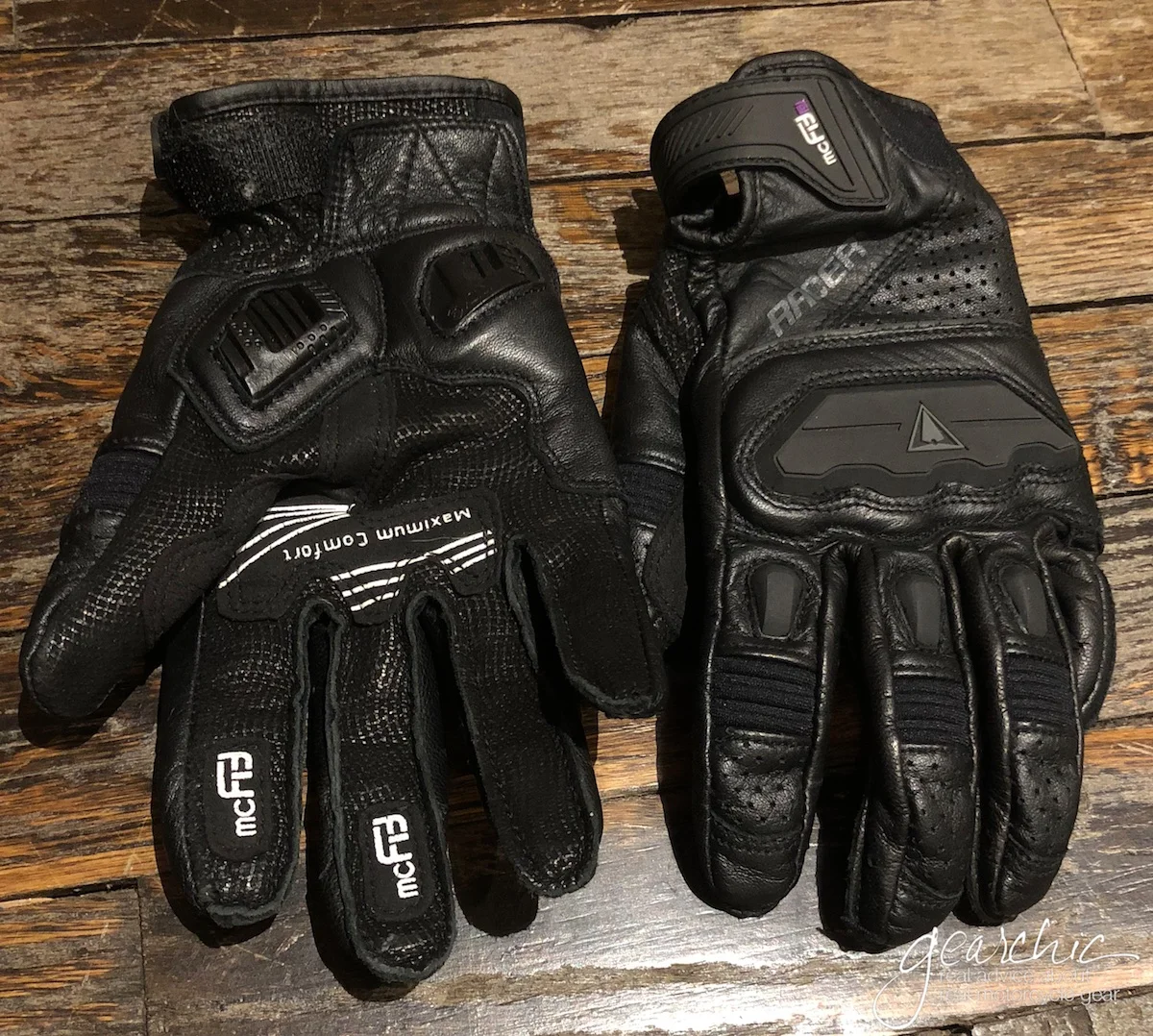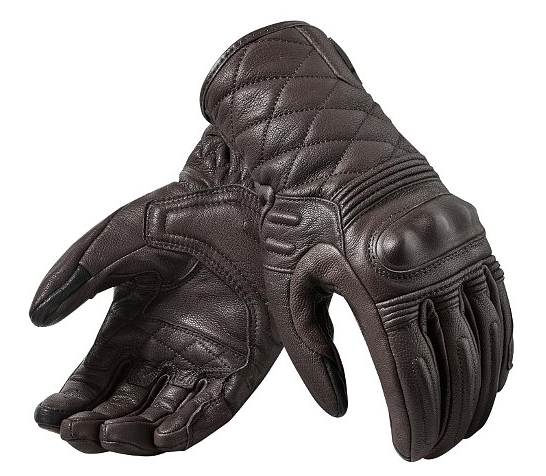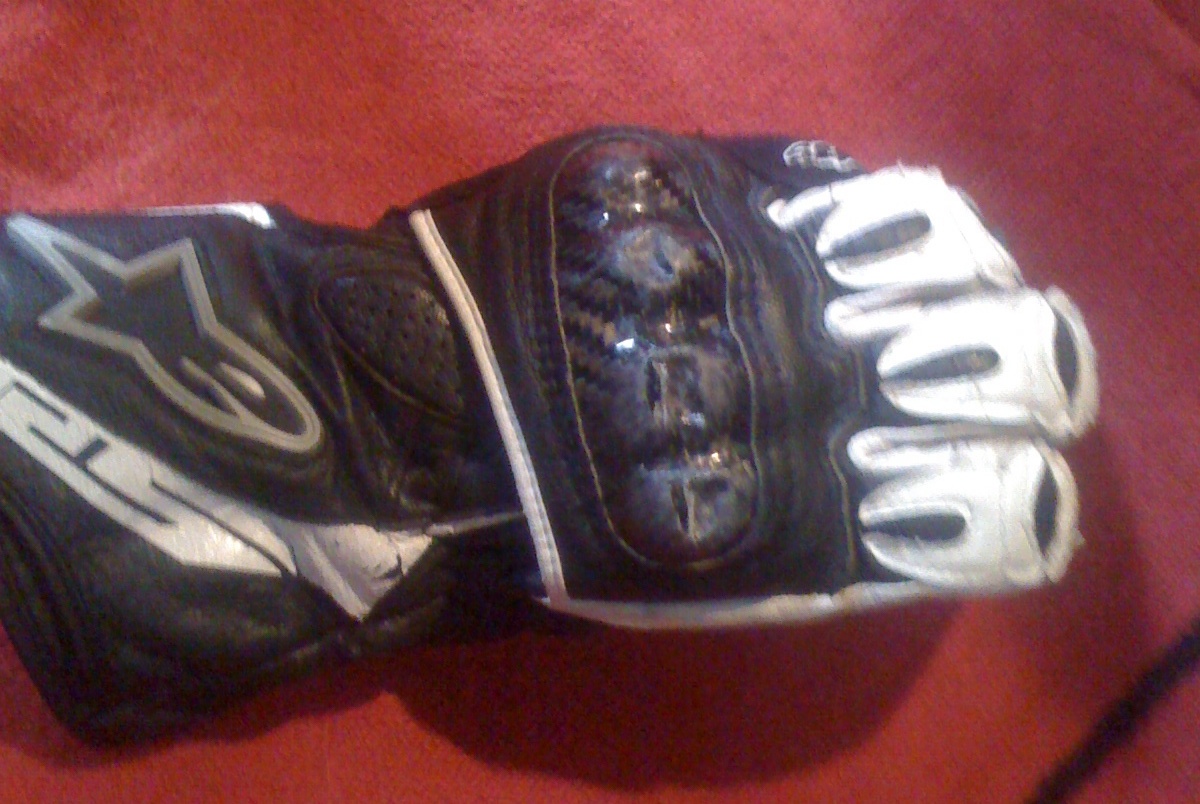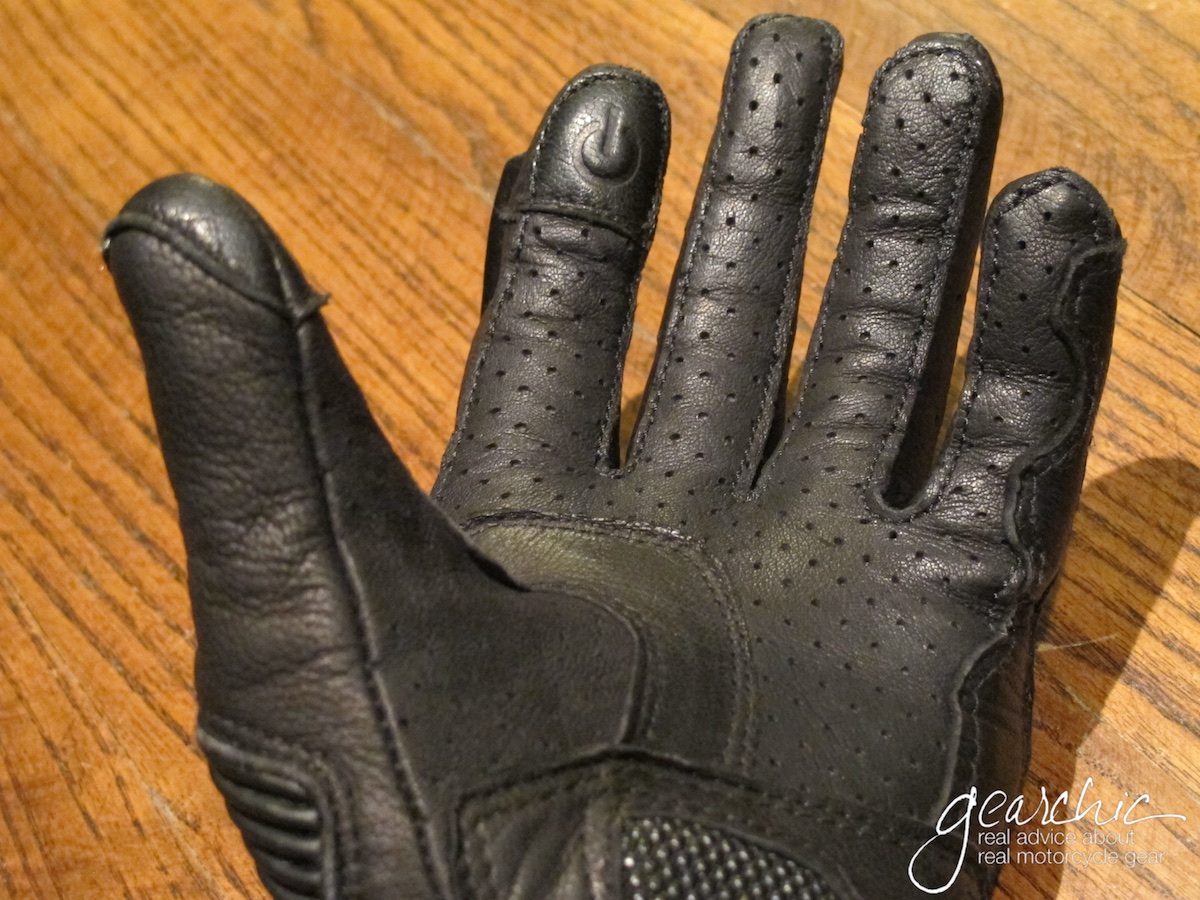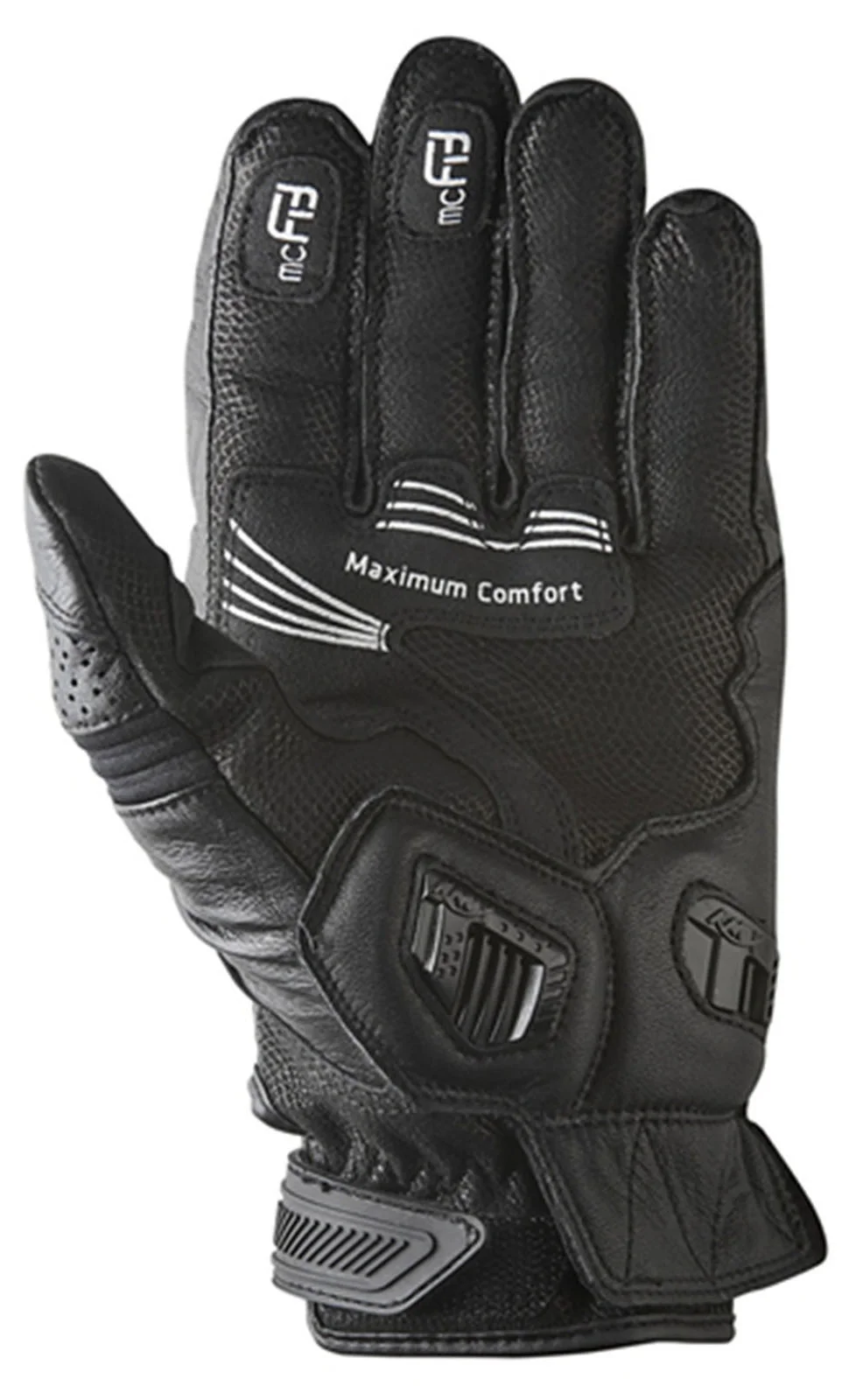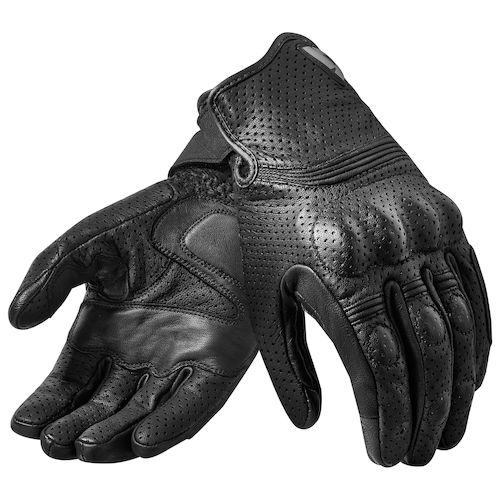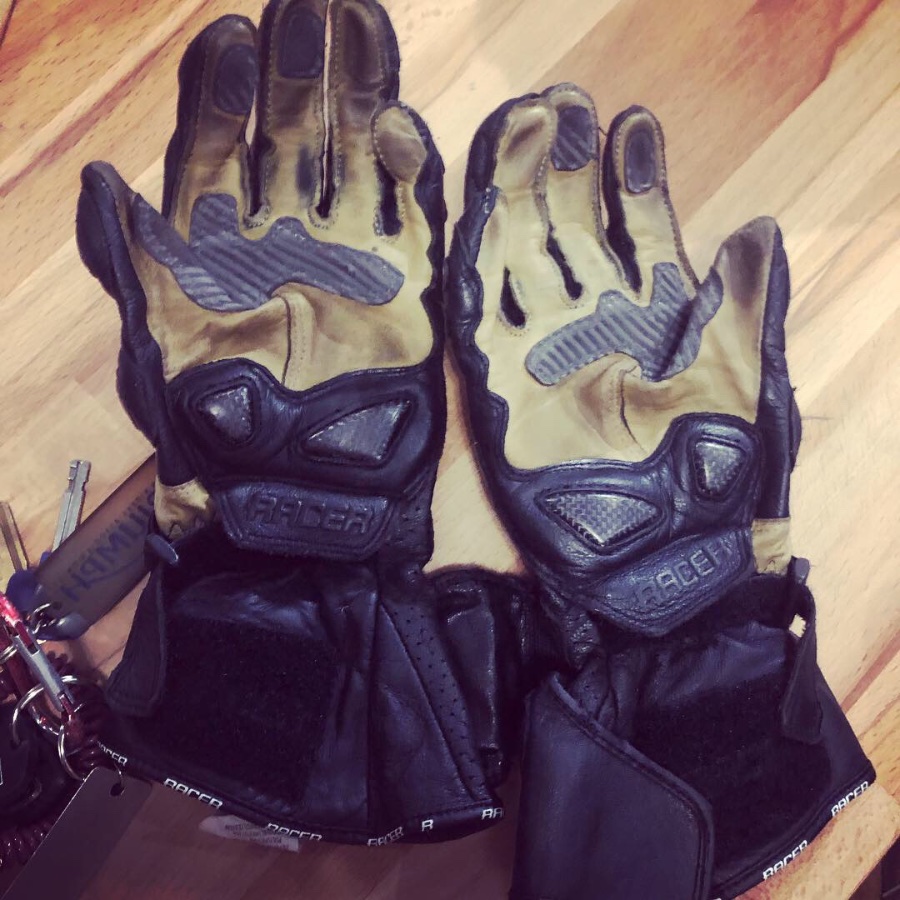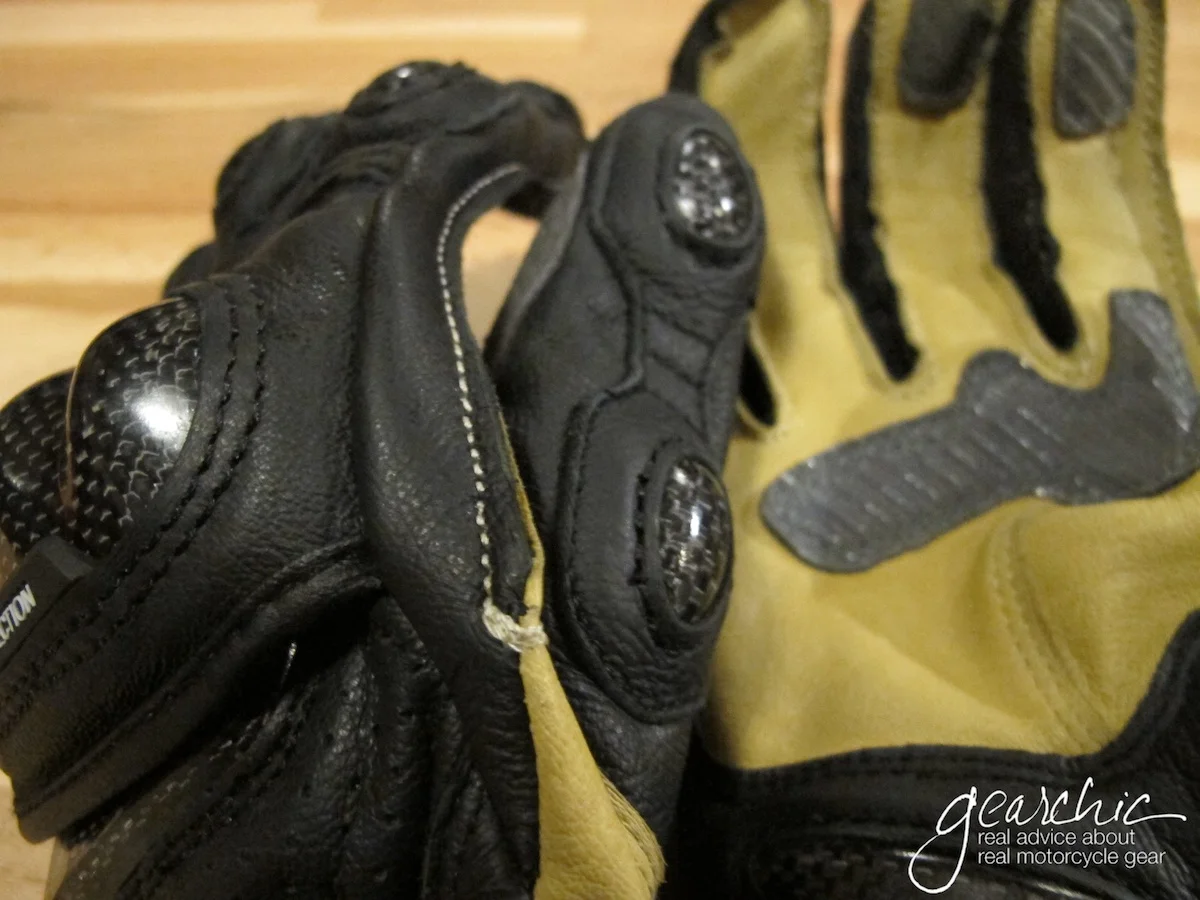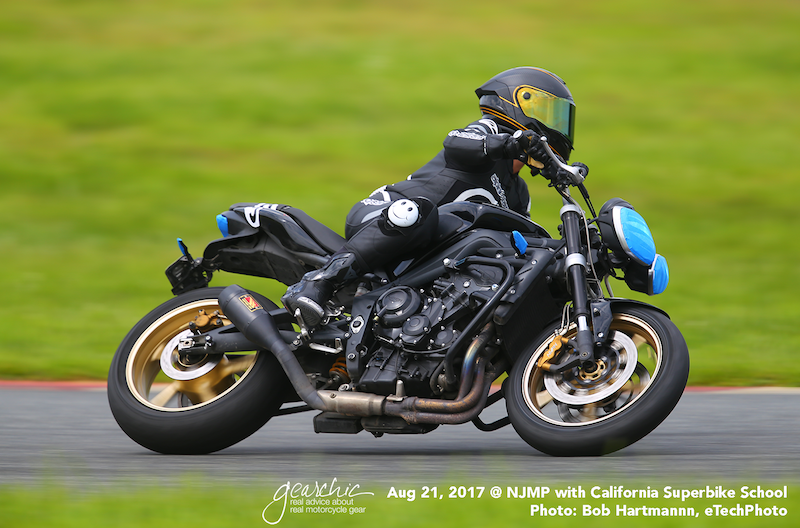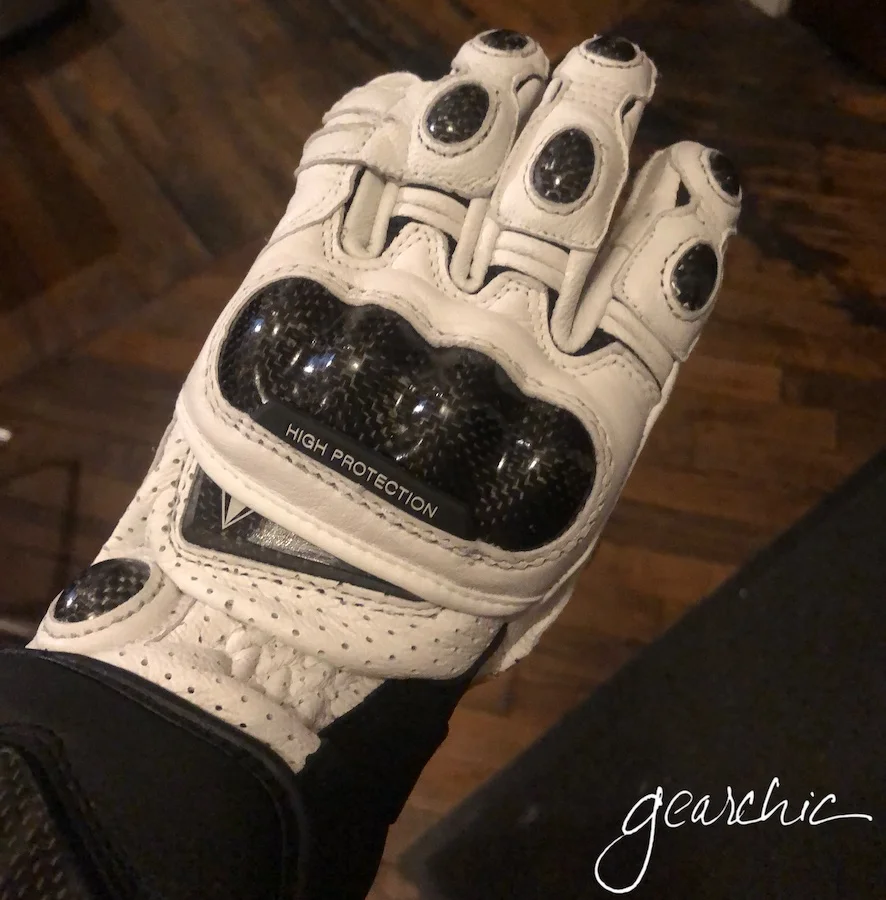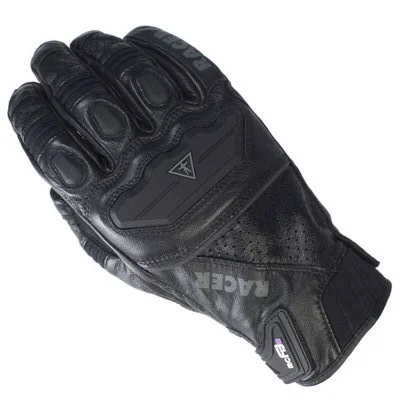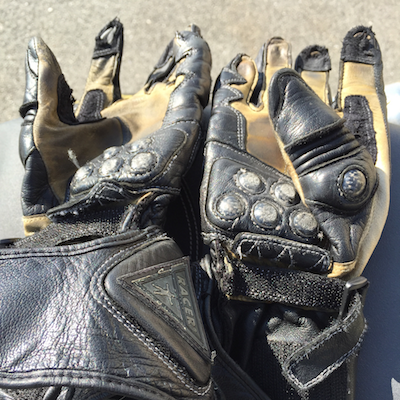What do you do for a living? How important are your hands in day to day life? These two questions should give you some insight into how important it is to wear gloves when you ride! If you have to work for a living like me, then you know how difficult it would be for you to be unable to do all the things you might have to do in any given day. Whether it’s driving to work, feeding your kids before they go to school, taking care of your mom or loved one. This is one of the many reasons why we choose to cover our hands (and the rest of our bodies).
There are so many options out there: summer, winter, dual sport, off road, gauntlet, no gauntlet (shorties). You can definitely find something to meet all of your needs.
Fitment for gloves is also extremely different and will be challenging especially if you have to shop online. So here are some things that you should look for as well as some fit tips. Good luck and don’t hesitate to reach out if you have more questions!
Options
So there are a LOT of ways to do gloves. Here’s a basic overview of the various types and styles that you might be considering:
“Gauntlets”
Racer High Racer Women’s Gloves
Designed for track day riding or racing. Also designed for street riding on a sporty bike with a more aggressive precurved finger and tighter fit all around.
When you want the most protection you can get, you’ll typically get that in a Gauntlet style track glove.
“Shorties”
Typically designed for summer/spring (nice weather) riding. These are a great summer option since they are light and vented with double palm sliders (virtually nonexistent in the women’s glove world).
Shorties can also come with more mesh fabric (bigger holes everywhere) which is ideal for 80-90F riding weather. But shorties can also come in full leather form, with almost all the protection of a Gauntlet with the extended coverage.
Semi-Shorties
Revit Monster 2 Women’s Gloves
These cover your wrist bone but don’t extend past it like the Gauntlets above. No mesh and minimal perforation for airflow. These are ideal to wear year round except in extreme temperatures (~40Fs or 90Fs). Also a great way to do a classic look with modern protection.
Protection
Knuckles are one of the vulnerable spots
If you did something as simple as trip and fall while walking down some stairs, what's the first thing you might use to brace yourself? Most likely, your hands. It's instinctual, isn't it? The first thing we use is our hands to shield our faces and bodies from whatever it is that's coming at us, even though we know it isn't going to help.
Protective gloves are going to provide you a barrier between you and the pavement, or whatever you might come into contact with. I know it seems counter intuitive (but isn't that the truth about everything when it comes to motorcycles? counter steering, accelerating to make the bike stand up in a corner, counter weighting, etc.), but a great pair of gloves will actually help you manipulate the throttle and brake/clutch controls a little better (assuming they're the right fit). This all assumes the fitment is correct, and you’re wearing the right type of gloves for what you’re doing anyway.
You don't have to invest in the most expensive pair of race gloves you can find, but there's a happy medium between a protective glove and something that fits your riding needs.
So let's consider these features when shopping for a street riding glove:
all leather (cow, goat, or kangaroo)
full fingered
wrist protection aka gauntlet which covers your wrist bone and can extend up to the middle of your forearm
reinforced palms for abrasion resistance
reinforced stitching along the side seams
soft foam, hard foam, carbon or thermoplastic urethane or rubber knuckle protectors
perforation can help tremendously with keeping your hands ventilated in hot weather
Fit
Off the Bike
Try not to make a fist, instead form the letter C (as if you’re using your handgrips) with your hand. You'll never make a fist while riding, so why use that to judge fit?
Try not to high five anyone either, it should feel extremely uncomfortable to fully extend your fingers
Try the gloves on with your jacket to make sure the sleeves will fit with the gauntlet (if there is one)
On the Bike
Squeeze the brake lever, the clutch lever. Go through the motions of riding and see how that feels
Look for your fingertips to feel the inside seams of the gloves while it's curled around the handgrip. That's a good thing! That means it's the right length. You just don't want your fingertips to press up against the seams when wrapped around the grips
Make sure there isn't extra bunching of material on the palms, it could mean you're wearing the wrong size (too big)
Look for a nice snug fit so they'll stretch out and break in to become the perfect fit
Wearing my fabulous High Racer Gloves
Break In
The tougher question is, how do you know how much the gloves will break in? Everything will expand outward, just enough to make them more comfortable. And mostly in width or circumference, not length; your fingers won't get longer. But your wrists start to expand and your palms will open up outward.
You won't gain a size, but think about a new pair of leather shoes, and how they break in after you've worn them awhile. Things just get a little more comfortable without being too big.
I’m breaking in my new gloves at home a little bit. Wearing them while I watch tv for ~10-20 minutes to see if they’re going to work or not. Remember, just like a new helmet, The First Minute is the Worst Minute.
$20 v. $100 Gloves
"Can you tell me why twenty dollar leather work gloves are not sufficient gloves."
Answer: Well a glove that cheap can't offer any protective value other than being leather. Although that's fine, it's the bare minimum and you need more than that.
"What more protection do hundred dollar gloves do? Do they protect from breaking fingers?"
To answer the first part of that question, here are a few things that a more expensive glove can offer:
Materials (external and internal): higher quality cowhide, goatskin and sometimes kangaroo, brand name technology fabric like Schoeller-Keprotec®, DuPont Kevlar® lining and others)
Construction: double stitching to prevent tearing, minimal seams, key impact/abrasion areas reinforced (palms, outside of hand along the palm up to the pinky finger), sometimes the 4th and 5th fingers sewn together to prevent separation
Protection and Retention: Soft/hard armor or impact foam on the knuckles, the bottom of the palms, between the joints of the fingers, velcro and zippers to keep them on our hands at all times!
Fit and Comfort: A more expensive glove will fit and feel ten times better than a cheaper one. The gloves will have a precurved fit and cut, so that it's more comfortable in riding position.
But most importantly, I think a more expensive glove will stay on your hands no matter what. The purpose of all of our gear is to cover our bodies and stay put in the event of an accident. I've yet to see a $20 glove provide anything but a little warmth from the wind.
My old pair of Racer High End Gloves, post crash
Generally, every accident tends to be different in terms of the events leading up to one. Chances are that you'll be injured in an accident, no matter how slow you're going. You may or may not break a finger, it can completely depend on the situation. It really comes down to risk. How much are you wiling to risk a major or minor injury?
In my worst accident (I've had 2), I wore these gloves from Racer and I still broke one finger. Because the 4th and 5th fingers on those gloves are sewn together, they stayed that way when my hand hit the pavement, but my middle finger somehow got over extended and it fractured. 1 is a lower number than 2, and that's all I could've asked for; aside from wishing I hadn't been rear ended, of course. So unfortunately, no, they won't always prevent breaking a bone.
The fact is that you have no idea if/when you'll be injured in an accident. There's just no guarantee. And yes, spending $100 on a pair of gloves won't guarantee that.
But I can guarantee you this, that spending more on your gear will minimize the risk of injury. Sometimes it's difficult for us as riders to see the bright side in an accident, but that's what motorcycling is. Understanding the risks and doing everything in your power to minimize it.
I hope you will too!



